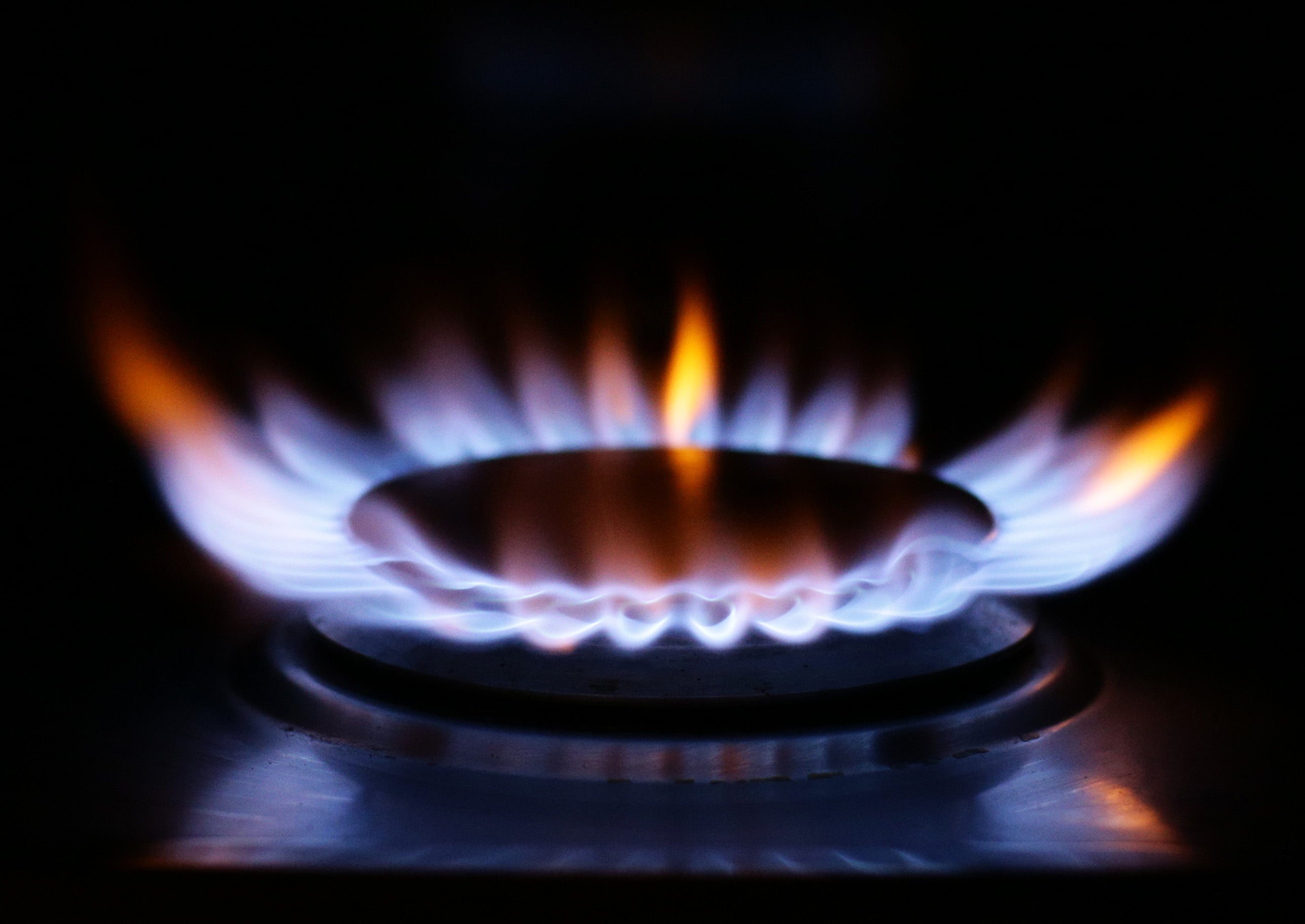Surging energy and fuel costs push UK inflation to near-decade high
The Office for National Statistics said Consumer Prices Index inflation rose to 4.2% last month from 3.1% in September.

Your support helps us to tell the story
From reproductive rights to climate change to Big Tech, The Independent is on the ground when the story is developing. Whether it's investigating the financials of Elon Musk's pro-Trump PAC or producing our latest documentary, 'The A Word', which shines a light on the American women fighting for reproductive rights, we know how important it is to parse out the facts from the messaging.
At such a critical moment in US history, we need reporters on the ground. Your donation allows us to keep sending journalists to speak to both sides of the story.
The Independent is trusted by Americans across the entire political spectrum. And unlike many other quality news outlets, we choose not to lock Americans out of our reporting and analysis with paywalls. We believe quality journalism should be available to everyone, paid for by those who can afford it.
Your support makes all the difference.UK inflation has jumped to a near-decade high as soaring energy and fuel prices pushed up the cost of living, according to official figures.
The Office for National Statistics (ONS) said the rate of Consumer Prices Index (CPI) inflation rose sharply from 3.1% in September to 4.2% last month – the highest level since December 2011 and a bigger-than-expected jump.
It comes after gas and electricity prices have surged, with regulator Ofgem last month increasing the energy price cap by 12%.
But the figures also show sharp fuel costs rises and inflation building across food, household goods and hospitality as supply chain disruption takes its toll.
The Bank of England warned earlier this month that inflation will rocket to its highest level for 10 years and that it is likely to hike interest rates in the “coming months” to try and bring CPI back to its 2% target.
It is forecasting CPI will reach 4.5% in November and hit around 5% next April, the highest level since 2011.
Grant Fitzner, chief economist at the ONS, said: “Inflation rose steeply in October to its highest rate in nearly a decade.
“This was driven by increased household energy bills due to the price cap hike, a rise in the cost of second-hand cars and fuel as well as higher prices in restaurants and hotels.
“Costs of goods produced by factories and the price of raw materials have also risen substantially and are now at their highest rates for at least 10 years.”
Chancellor Rishi Sunak said: “Many countries are experiencing higher inflation as we recover from Covid and we know people are facing pressures with the cost of living, which is why we are taking action worth more than £4.2 billion to help them.”
The ONS data showed that despite the Government’s energy price cap, 12-month inflation rates have leapt to 18.8% for electricity and 28.1% for gas – the highest annual rates since early 2009.
Prices on forecourts also raced higher last month, with fuel panic-buying amid supply disruption in late September and early October sending petrol and diesel spiking higher amid wider ongoing rises in the global cost of oil.
The ONS said average petrol prices hit their highest since September 2012, at 138.6 pence per litre in October compared with 113.2 pence per litre a year earlier.
With supply chain problems impacting a raft of sectors, food and non-alcoholic drinks inflation rose to 1.2%, while second hand car prices continued to see steep increases, up 4.6% between September and October and now 27.4% higher than in April.
Used car prices have been pushed higher as the supply of new cars have been hit by a global semiconductor chip shortage.
Elsewhere, the figures showed the Retail Price Index (RPI), a separate measure of inflation, increased to 6% in October from 4.9% in September.
The CPIH, which includes owner-occupiers’ housing costs and is the ONS’s preferred measure of inflation, was 3.8% in October, compared with 2.9% in September.